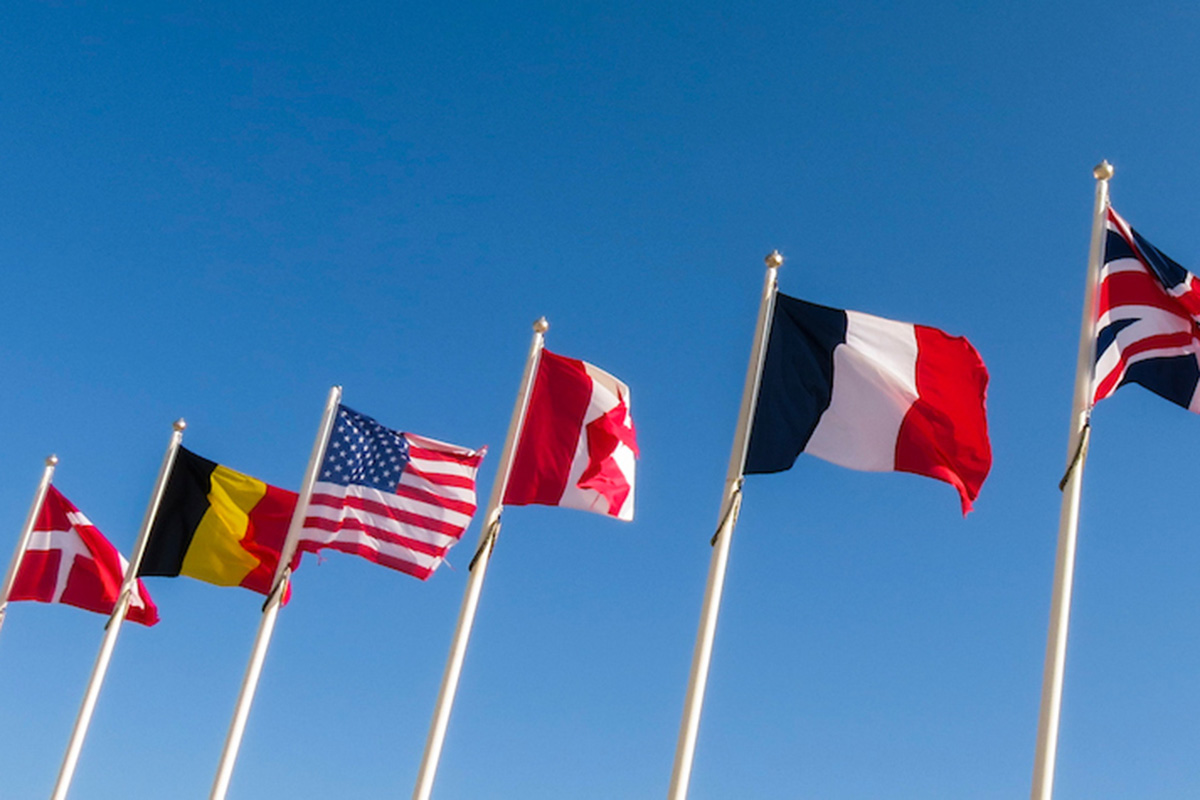 (DePaul University/Jamie Moncrief)
(DePaul University/Jamie Moncrief)Members of the DePaul community now have the opportunity to participate with the United Nations’ Economic and Social Council in a number of ways, thanks to the university’s new special consultative status with the charter. Less than 20 universities worldwide hold this status.
“We have been working on this for a long time,” says Elisabeth Ward, executive director of the College of Law’s International Human Rights Law Institute. Ward began the application process six years ago, but the status was only recently granted in July 2019. “This status will provide our campus community with countless opportunities to share knowledge and learn from peers around the world.”
The Economic and Social Council, commonly referred to as ECOSOC, is the largest of the six principal branches of the United Nations. ECOSOC is responsible for coordinating and promoting higher standards of living, and economic and social progress; for identifying solutions to international economic, social and health problems; and for facilitating international cultural and education cooperation.
DePaul was recommended for the special consultative status based on the International Human Rights Law Institute’s gender equality work. Member states of ECOSOC reviewed DePaul’s past human rights work and determined it to be aligned with the organization’s goals and of a particular caliber, which justified the granting of this status.
In 1945, the United Nations developed ECOSOC to better connect with local experts and civil society organizations. With this status, DePaul staff and faculty can apply to speak on the floor of ECOSOC meetings, submit research as support and evidence, and intervene during or attend ECOSOC sessions.
“Faculty across all our colleges are doing incredible local, on-the-ground research,” she says. “They should know these opportunities apply to them, too. The research does not need to be ‘international’ for it to apply to conversations happening within ECOSOC. Any faculty or staff member conducting research relevant to the work of ECOSOC should consider this opportunity to contribute to and connect with the global community.”
Faculty and staff interested in presenting their work to inform international law and policy should research the structure of ECOSOC to investigate relevant committees and sub-committees.